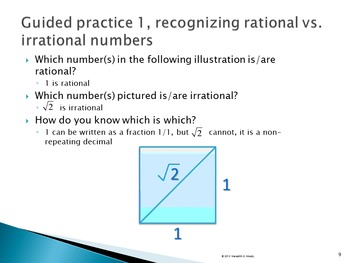


Whether creating the courses of action or picking one, keep an eye on distinguishability. The effect’s implication to military planning is to watch out for that throw-away option. Instead of comparing Rome to Paris, people compared Paris with and without breakfast. When a third choice was added, a week in Paris without breakfast included, participants picked Paris with breakfast. The experiment was a decision between an all-inclusive week in Paris versus Rome. The decoy effect, otherwise known as the asymmetric dominance effect, is when individuals change preference between two attractive choices whe n a third similar but less attractive choice is added. We desire to find what we are looking for, so we ensure someone is looking for it. We compare every report of the enemy against the intelligence section’s enemy course of action, a process that also drives our reconnaissance plan. From a military perspective, we can easily imagine ourselves anchoring to a plan, but our anchoring is more systematic. Those with higher social security numbers estimated higher costs.

A simple experiment on the power of anchoring asked participants to write down the last two digits of their social security number before estimating the cost of several items. Most of us compare all later information to th e first information that we received. For some, it is extremely hard to shake that first impression. Let’s review a few of Ariely’s more common snares: anchoring, the decoy effect, the endowment effect & loss aversion, and short-term thinking.Īnchoring is when a person depends too heavily on initial information. Ariely lays out several common traps found in human thinking with the hope that being aware of the traps helps us dodge the effect s. W e are Predictably Irrational as Dan Ariely describes in this boo k, a fast and entertaining read. We think of ourselves as rational decision-makers, doing whatever offers the most utility based on the information available. Despite this understanding, we often do not account for it. We also know our mind creates shortcuts that are sometimes faulty. We acknowledge that emotion can cloud human decision-making and affect action.


 0 kommentar(er)
0 kommentar(er)
